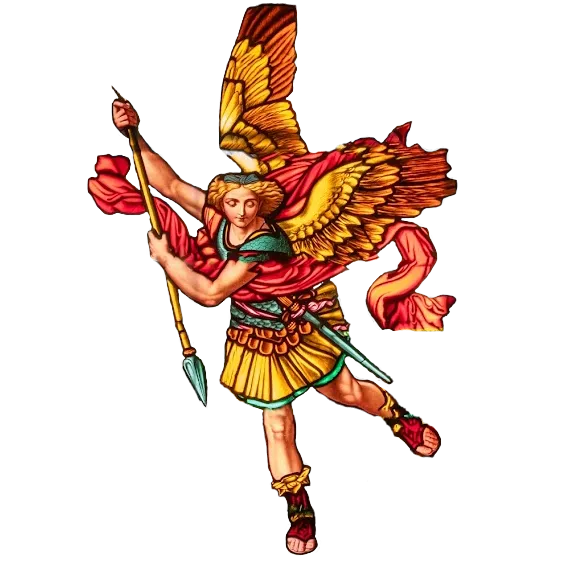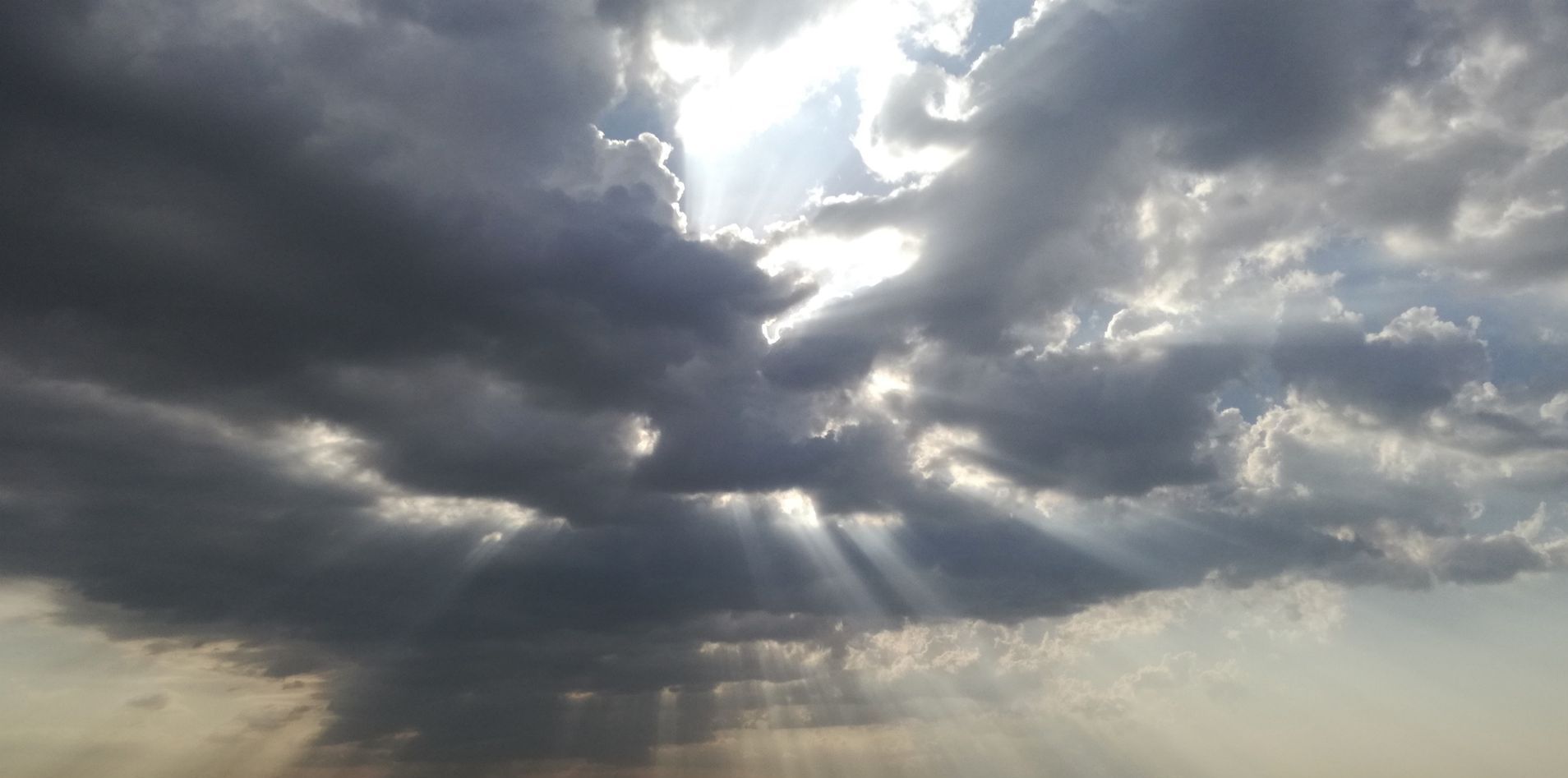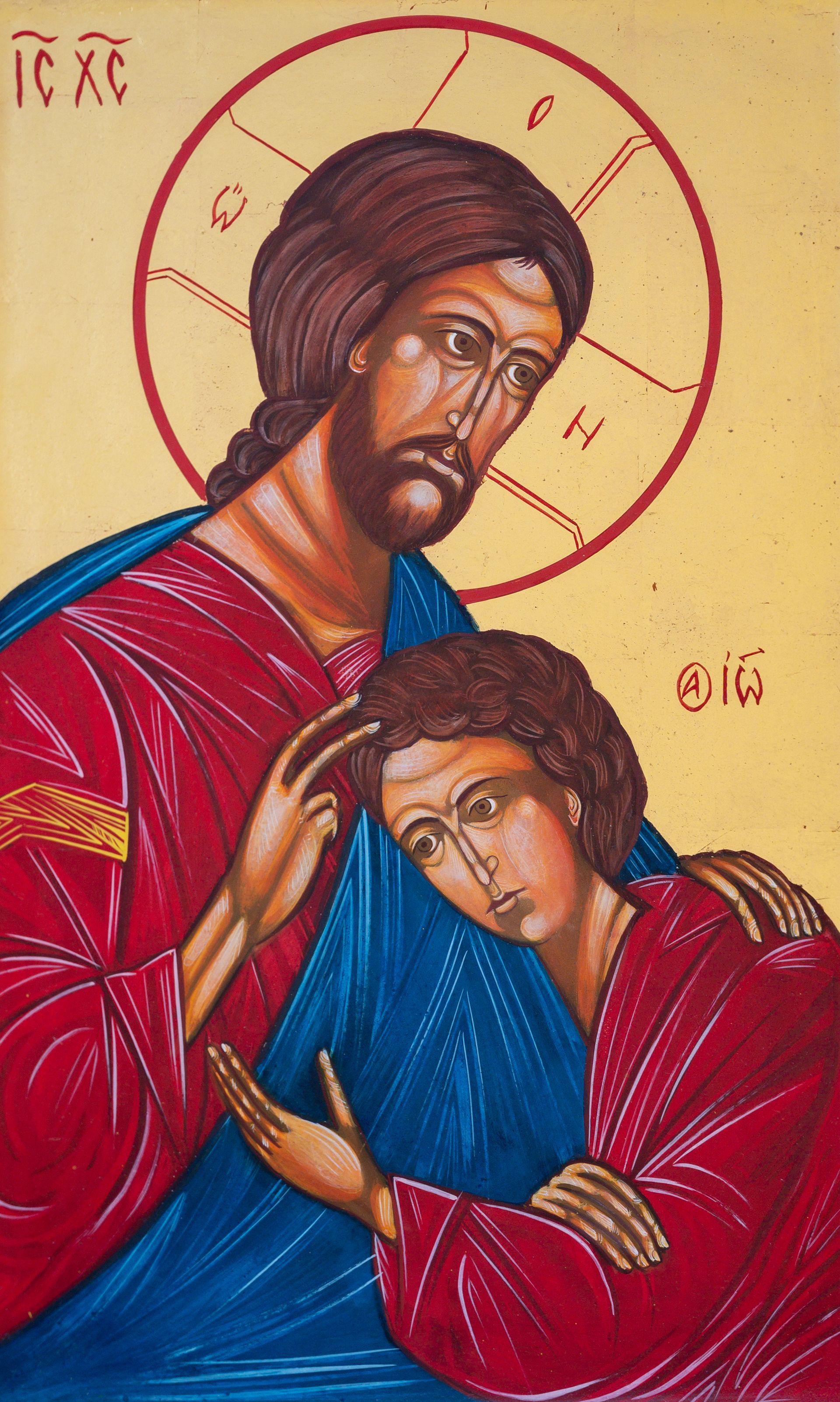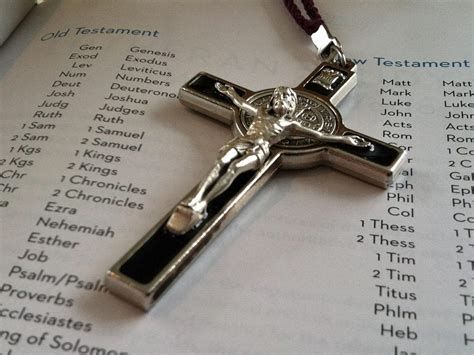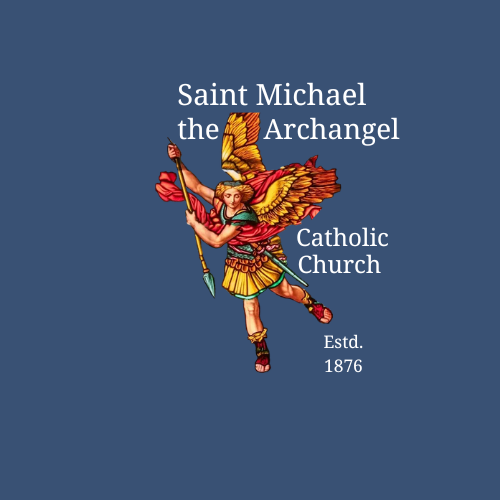Original Sin
But the snake said to the woman: "You certainly will not die! God knows well that when you eat of it your eyes will be opened and you will be like gods..." (Genesis 3: 4-5)
Just as through one person sin entered the world, and through sin, death, and thus death came to all, inasmuch as all sinned... death reigned from Adam to Moses, even over those who did not sin after the pattern of the trespass of Adam, who is the type of the one who was to come. But the gift is not like the transgression. For if by that one person's transgression the many died, how much more did the grace of God and the gracious gift of the one person Jesus Christ overflow for the many.... For just as through the disobedience of one person the many were made sinners, so through the obedience of one the many will be made righteous.
Roman 5:12-19
What is Original Sin, and how does it affect us?
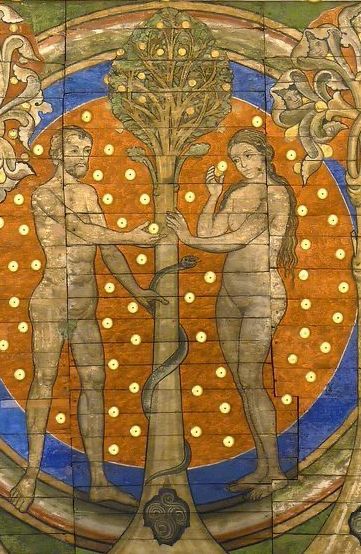
Original Sin is part of the human condition by which we are conceived in a fallen state, i.e., without sanctifying grace. It is our inheritance resulting from the sin of our first parents, Adam and Eve.
God created man and woman in a state of holiness and justice and in complete friendship with him. God also gave them freedom to choose good or evil, warning them that evil brings dire consequences.
By choosing to sin, Adam and Eve preferred their own desires over God, distrusting him and ultimately going against their own good. This Original Sin deprived them of the original justice and holiness they had enjoyed. (Cf. CCC 398)
The snake... asked the woman, "Did God really say, 'You shall not eat from any of the trees in the garden'?" The woman answered the snake: "We may eat of the fruit of the trees in the garden; it is only about the fruit of the tree in the middle of the garden that God said, 'You shall not eat it or even touch it or else you will die.'" But the snake said to the woman: "You certainly will not die! God knows well that when you eat of it your eyes will be opened and you will be like gods, who know good and evil." The woman saw that the tree was good for food and pleasing to the eyes, and the tree was desirable for gaining wisdom. So she took some of its fruit and ate it; and she also gave some to her husband, who was with her, and he ate it.
Genesis 3:1-6
Their transgression had consequences for all humanity—including suffering, death and a loss of God's friendship. Original Sin infects each person at conception, rendering us vulnerable to sin by clouding our judgment and weakening our will. As a result, we are inclined toward disordered appetites, enslaved to our passions, and in need of God's grace to combat evil. The Sacrament of Baptism forgives the guilt associated with our actual sins as well as Original Sin, but our tendency toward sin, or concupiscence, remains.
The only human person exempted by God from this affliction is the Blessed Virgin Mary; Jesus Christ, himself a divine Person, was not conceived according to human generation, i.e., has no biological human father.
The Catechism of the Catholic Church, paragraphs 397 and 404 addresses this question.
-The Didache Bible
What was the condition of human beings before the Fall?
God created our first parents in an original "state of holiness and justice" (cf. Council of Trent [1546]: DS 1511), a state of perfect harmony in nature free of sin, pain, and death. Man, uniquely created in the very image and likeness of God, lost this original state by using the gift of free will to choose evil over good.
God created mankind in his image; in the image of God he created them; male and female he created them.God blessed them and God said to them: Be fertile and multiply; fill the earth and subdue it. Have dominion over the fish of the sea, the birds of the air, and all the living things that crawl on the earth...And so it happened. God looked at everything he had made, and found it very good.
Genesis 1:27-28, 30-31
God created man, "the only creature on earth which God willed for itself" (GS 24), in his own image and likeness, endowed with the ability to know and love him and to choose freely between good and evil. As long as Adam and Eve remained close to God through fidelity to his will, they possessed a joyful relationship with God, with each other, and with the rest of creation. "Sacred Scripture teaches that man... is capable of knowing and loving his Creator" (GS 12). This perfect state bestowed on our first parents is called original holiness and justice. (Cf. CCC 355-357, 374-376)
This state enjoyed by Adam and Eve included a number of gifts that were lost due to Original Sin. These preternatural gifts included immunity from sickness, suffering, and death as well as freedom from disordered appetites and passions. Our first parents' natural inclinations were subject to the control of their minds and wills, and they enjoyed harmony and self-mastery inside their hearts. In the state of original holiness and justice, work was not a burden but rather an easy and rewarding activity. It was clearly God's intention for man and woman to find pleasure and fulfillment in every aspect of their lives; indeed,"his plan was to raise men to a participation of the divine life" (LG 2). (Cf. CCC 376-378, 384)
Man, uniquely created in the very image and likeness of God, lost this original state by using the gift of free will to choose evil over good.
Because you have [sinned]...To the woman he said: I will intensify your toil in childbearing; in pain you shall bring forth children. Yet your urge shall be for your husband, and he shall rule over you.
To the man he said: Cursed is the ground because of you! In toil you shall eat its yield
all the days of your life. Thorns and thistles it shall bear for you, and you shall eat the grass of the field. By the sweat of your brow you shall eat bread, Until you return to the ground, from which you were taken; For you are dust, and to dust you shall return.
Genesis 3:14, 16-19
The Catechism of the Catholic Church, paragraphs 356 and 375 addresses this question.
-The Didache Bible
God's Self Revelation
Revelation is the self-disclosure of the living God and his plan to save us. Revelation shows us that God desires to have an intimate and loving relationship with everyone.



